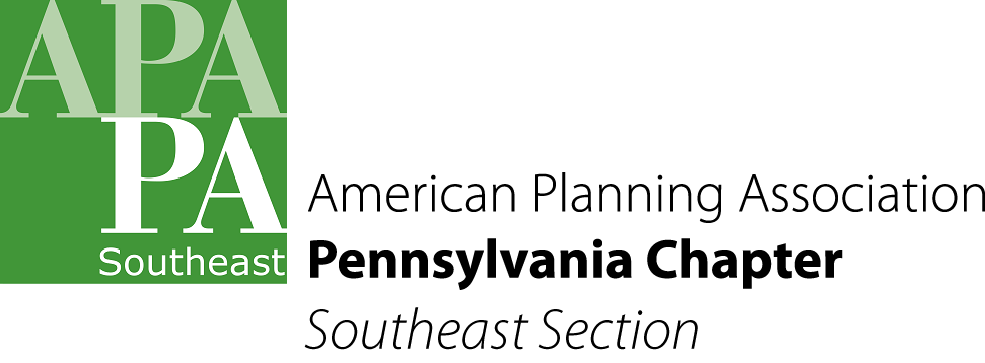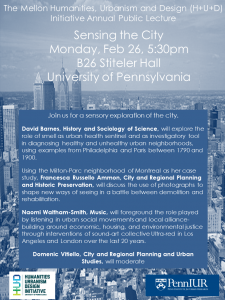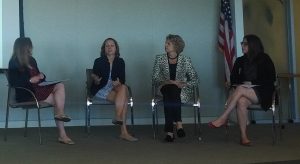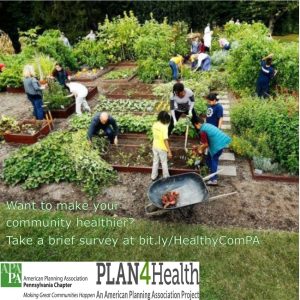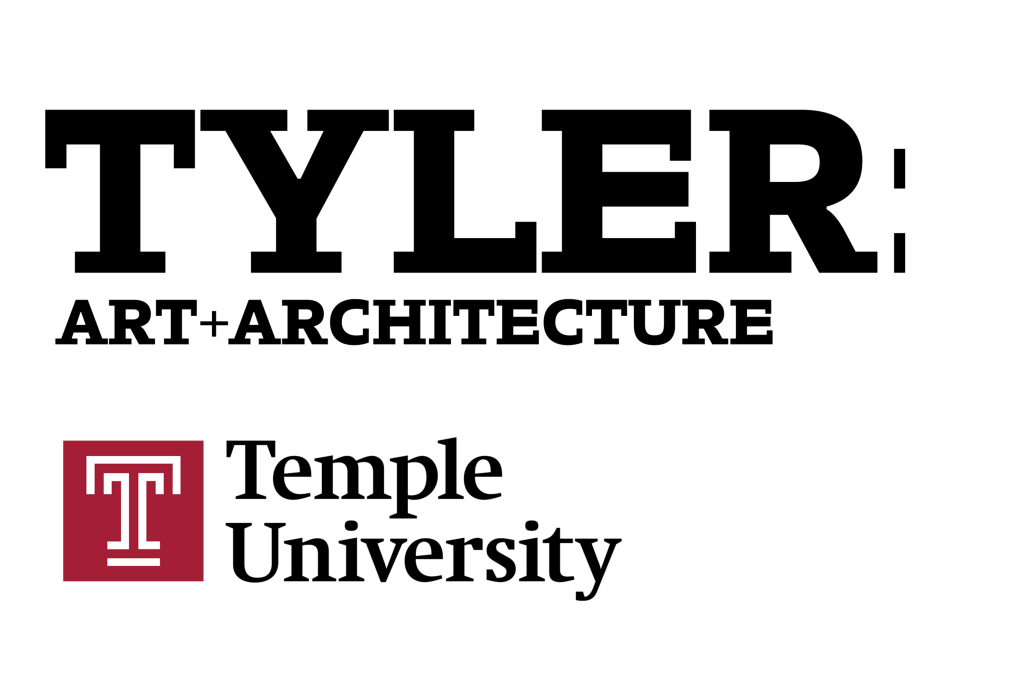The Mazzoni Center, in the heart of Philadelphia, is the only single health care provider in the region that specifically targets the unique health care needs of the lesbian, gay, bisexual, and transgender communities. With only minor service interruptions to its patients and clients, and in spite of going through significant organizational turmoil, Mazzoni moved to occupy a brand new facility on May 30, 2017 on Bainbridge Street, just east of Broad Street.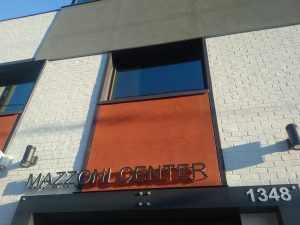
On June 20th, APA’s LGBTQ and Planning Division’s Co Vice-Chair, Communications, Justin Dula, AICP, organized a group of approximately 25 attendees for a 2-hour evening tour of the new facility with Philadelphia’s Queer Urbanist Exchange. The tour was conducted by Mazzoni’s Director of Development, Mytili Jagannathan, to showcase the four floors of new space that will be used for one of the newest and most comprehensive LGBT service facilities in the nation.
Founded in 1979 as an all-volunteer clinic to serve the needs of sexual minorities in Philadelphia around the time when the first cases of HIV/AIDS began to appear in the early 1980s, the organization quickly responded, becoming the oldest AIDS service organization in Pennsylvania, and the fourth-oldest in the nation. As Mazzoni grew and evolved to meet the needs of the community, it combined HIV/AIDS-related services with a broad array of interconnected health care and supportive services: outreach, prevention, education, direct medical and care services, psychosocial services, legal services, and support groups. Now, over 35,000 individuals benefit annually from the services of the Center and demands have continued to grow.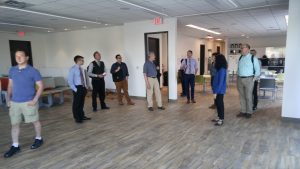
Mazzoni Center is now going through a time of turmoil that is threatening the continued existence of the organization, has continued to provide services to clients and move to the new location. There were substantial management and board changes after allegations surfaced of illegal and improper conduct among management and doctors after the groundbreaking of the new building. Now, Mazzoni is working to enter into an era of transparency and accountability and regain the trust of the LGBT community, particularly patients and staff of color, transgender and gender non-conforming. The construction of a new facility amidst this organizational crisis may be one of the few bright spots for the Mazzoni Center in the past months and can hopefully be a catalyst for reconnection with the community.
Easily accessible to public transit, the existing building that Mazzoni renovated was formerly home to a Department of Public Welfare office that had been unoccupied for several years. The total gut renovation substantially expanded the space available to Mazzoni’s existing spectrum of services, which now includes a primary care medical practice, mental health counseling program, case management, housing-subsidy program, and food bank, in addition to all of the previously-existing services such as legal services, education and prevention programs, bringing all of Mazzoni’s programs and services to a single, central location.

The new Mazzoni Center location nearly doubles the size of the family and community medical practice space and creates more opportunities for hiring additional clinicians; it incorporates additional wellness services and provides care to many more people than the old space allowed. Mazzoni will also greatly expand its Open Door behavioral-health program, add several more counseling rooms and therapists, and open the region’s first Intensive Outpatient Program (IOP) dedicated to providing recovery services specifically for LGBTQ individuals struggling with addiction.
The new building also features a ‘town hall’ gathering space, where community events, educational programs, and wellness workshops will take place. As Ms. Jagannathan and Board of Directors members advocate about the new facility: “Providing our staff with a more functional and efficient work environment is another important step in improving overall delivery of care. Our staff is truly the heart and soul of what we do, and the reason that so many people have entrusted us with their care for so many years. Bringing the full staff together under one roof will foster more effective staff collaboration and communication, with common spaces designed and configured to promote meaningful interaction among our many care and service providers.”
The APA’s LGBTQ and Planning Division wishes the Mazzoni Center the very best in its efforts to strengthen it accountability and transparency needed to reconcile relations with our community and continue to fulfil its exceptionally important mission in the Philadelphia region. Congratulations on a successful transition to your new home, where we hope the newly restructured and community based organization will provide improved services for decades to come.
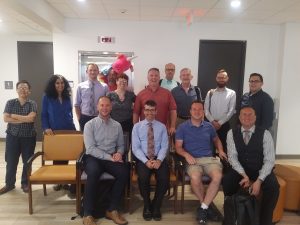
This article was authored by Justin Dula, AICP and Neal Stone, AICP and appeared in the LGBTQ & Planning Quarterly Newsletter, summer 2017 edition. Justin Dula, AICP, is the Chair of the Southeast Section of APA Pennsylvania and Co Vice-Chair for Communications of the LGBTQ and Planning Division. Neal Stone, AICP, is Past Chair of the LGBTQ and Planning Division. Photos courtesy of Justin Dula and Christian Xtn Hansen.
